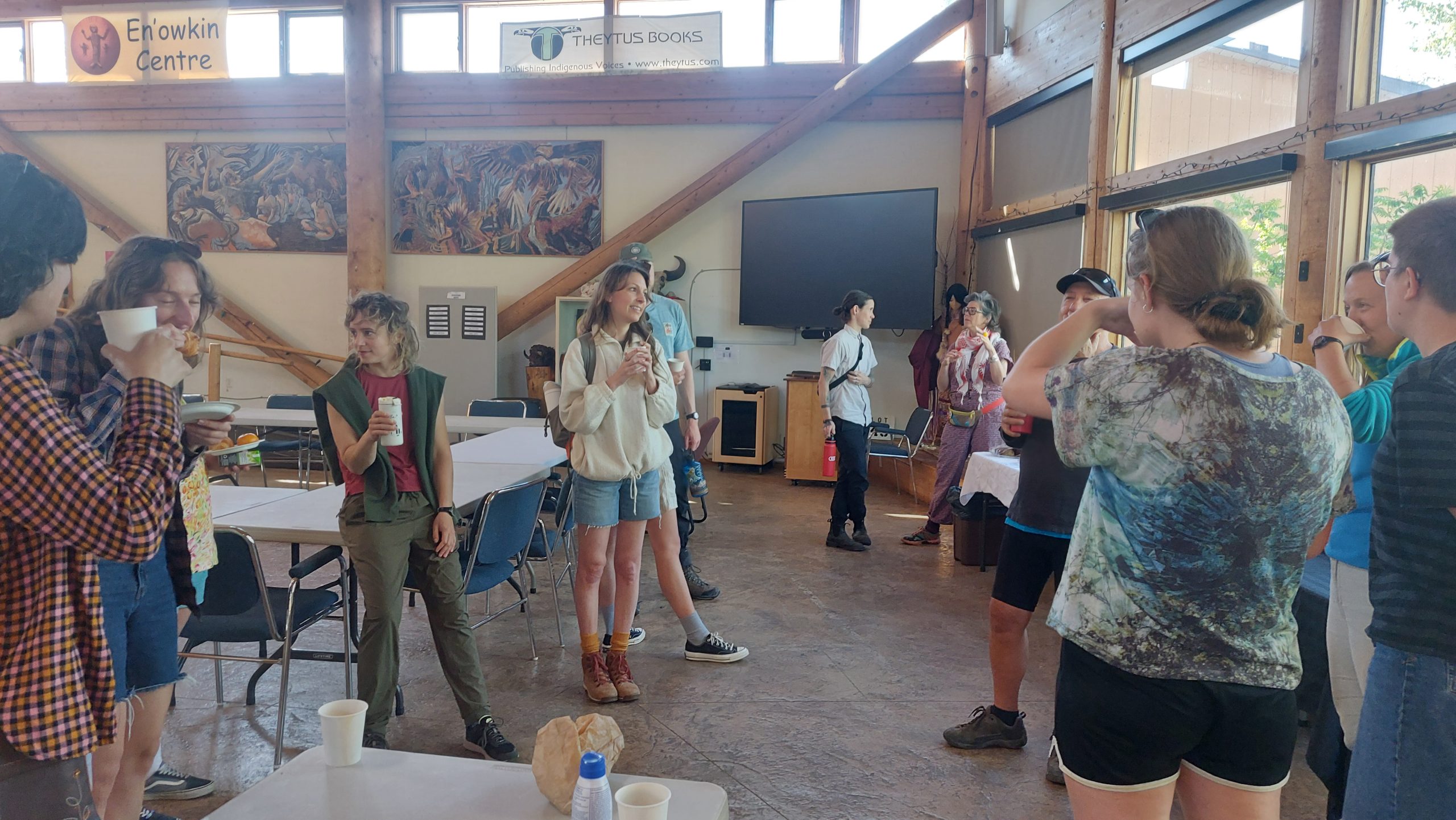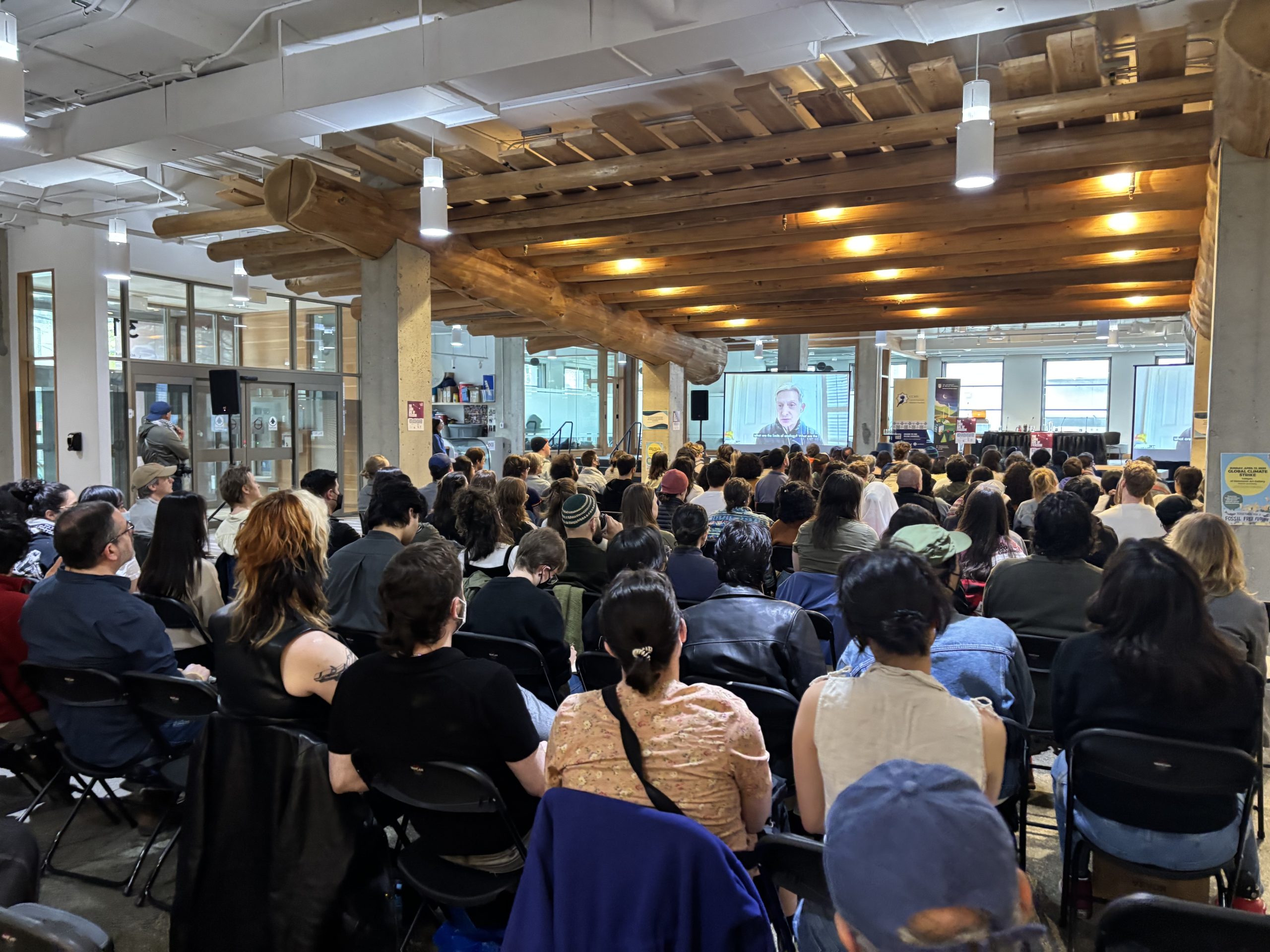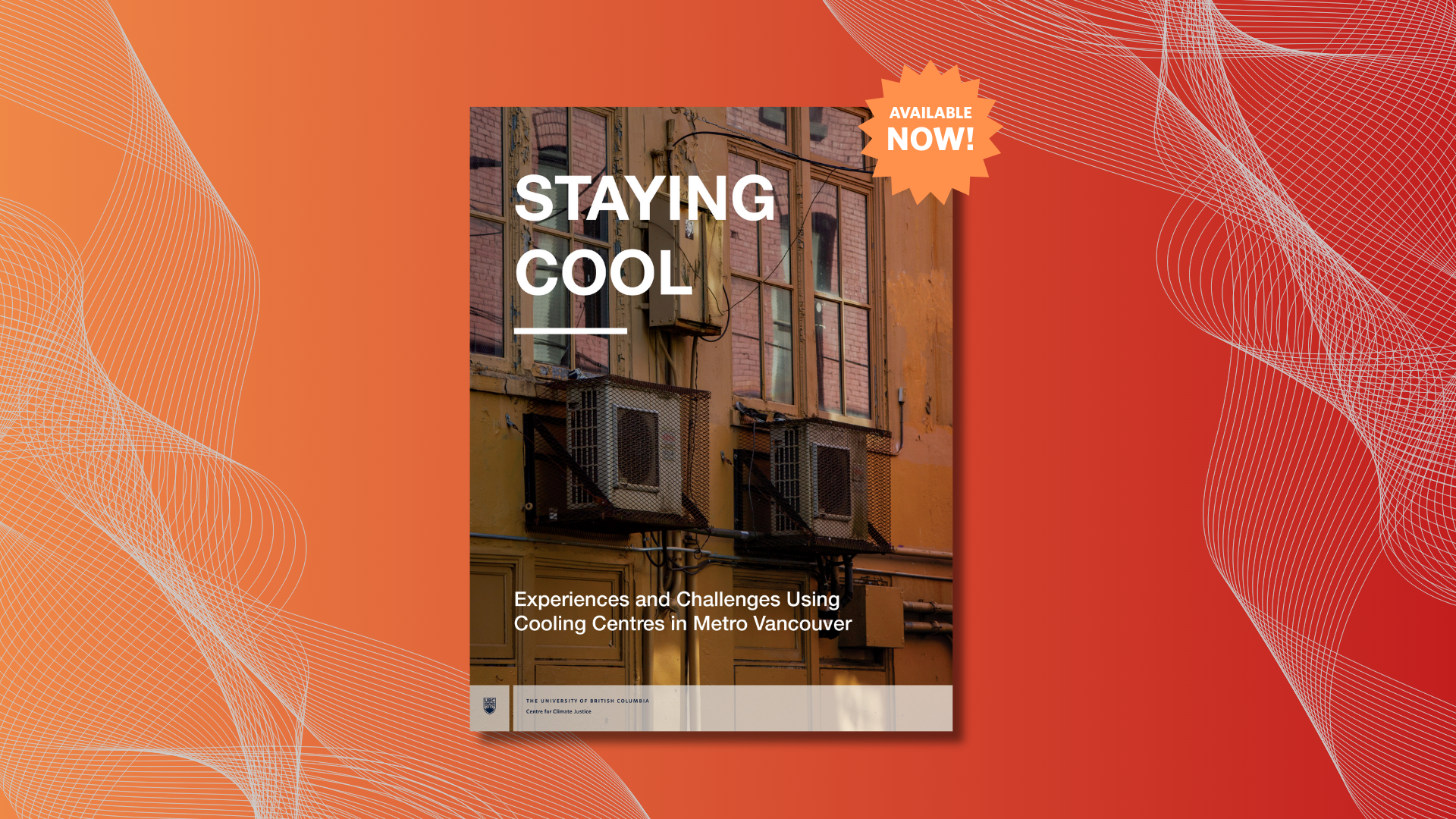

Recently, CCJ staff and graduate students from the UBC Vancouver campus took part in a meaningful three-day exchange with colleagues at UBC Okanagan. This enriching experience provided an opportunity for participants to delve into various aspects of climate justice through place-based learning and community engagement.
The visit began with insightful sessions at the En’owkin Centre, where syilx climate justice practitioners shared their extensive knowledge and initiatives focused on restoring local lands and waterways. Participants were actively involved in riparian restoration efforts, which included planting native vegetation to help revive salmon habitats. This hands-on activity highlighted the importance of ecological restoration and fostered a deep connection to the land and its traditional stewards.
The group also had the privilege of exploring the history and self-governance journey of the Westbank First Nation at the Sncewips Heritage Museum. This visit offered a profound understanding of the community’s resilience and achievements, providing a rich context for the ongoing efforts towards climate justice and self-determination.
Additionally, attendees joined the FEELed Lab for collaborative zine-making and creative visioning activities. These sessions were a space for artistic expression and collective brainstorming, allowing participants to explore climate justice themes through a creative lens. The collaborative nature of these activities underscored the value of diverse perspectives and the power of shared creativity in addressing complex issues.
One significant highlight of the exchange was touring the McDougall Creek Fire scar with the Living with Wildfire project team. This eye-opening tour emphasized the urgent need to restore lost fireways as a critical response to the climate crisis. Participants gained a deeper understanding of the challenges and opportunities associated with wildfire management and landscape restoration in a changing climate.
Participants expressed their appreciation for the program’s ability to bring together individuals from various disciplines and positions within the university. They greatly valued the opportunity to learn about climate justice through place-based experiences and engagement with colleagues and local communities. Ultimately, this experience highlighted the importance of sharing knowledge and experiences in different settings, as it fostered a sense of community and grounded them in the local context.
We would like to extend a heartfelt gratitude to the UBC Okanagan colleagues at CCJ and the Institute for Community Engaged Research for their support and collaboration, and a special thanks to Onyx Sloan Morgan, Astrida Neimanis, and Lola Melchior for organizing these impactful activities!










